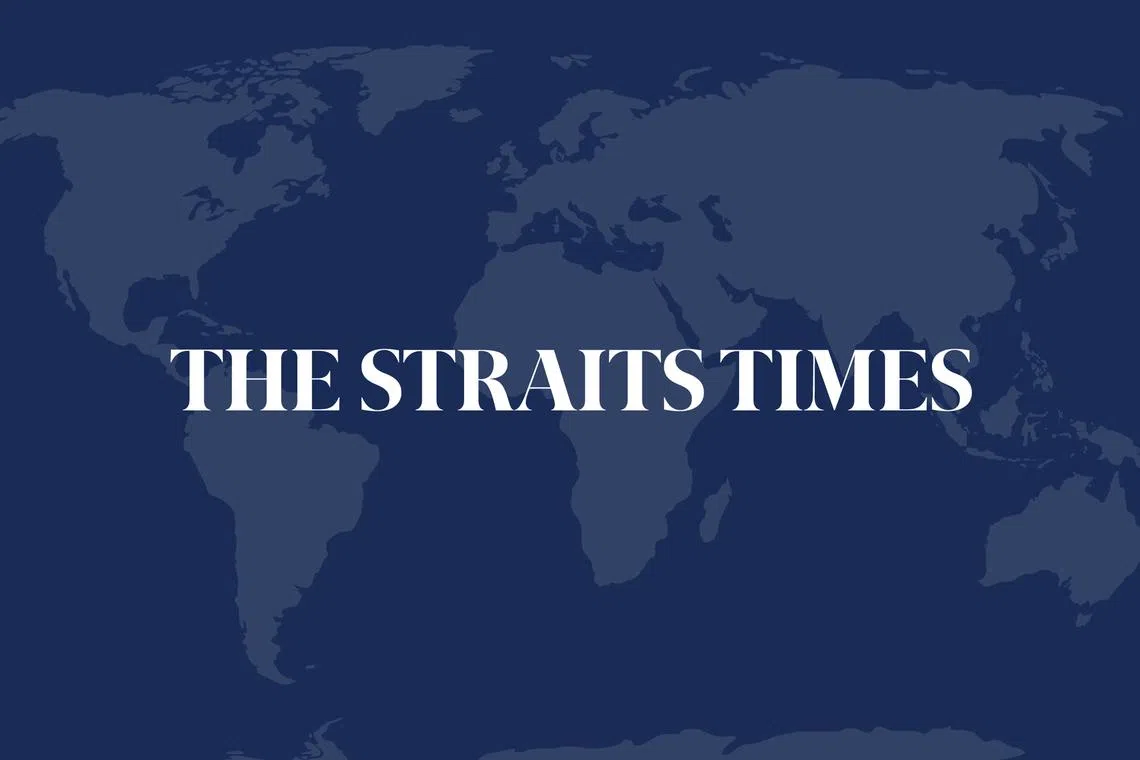Tamils faced torture in Sri Lanka long after war, rights group says
Sign up now: Get insights on Asia's fast-moving developments

COLOMBO - Sri Lanka's security forces abducted men and women from the ethnic Tamil minority and tortured them in custody long after the end of a bloody civil war in the South Asian island nation, a human rights group said in a new report.
The 26-year civil war between separatist Tamil insurgents and government forces ended in 2009. Rights groups accuse both sides of abuses during the conflict in which 80,000-100,000 people died, according to United Nations estimates.
In its report, the London-based International Truth and Justice Project (ITJP) which has been documenting alleged abuses in Sri Lanka, cited details of 123 Tamils who said they were beaten, burnt, suffocated and sexually assaulted by Sri Lankan authorities between 2015-2022.
Sri Lanka rejects the ITJP allegations, a government minister said on Wednesday.
The report, titled 'Disappearance, Torture and Sexual violence of Tamils, 2015-2022', which will be published on Thursday, said 11 of the 123 were allegedly detained after Ranil Wickremesinghe took over as Sri Lanka's president in July 2022.
Wickremesinghe was appointed after large-scale protests triggered by a spiralling financial crisis forced President Gotabaya Rajapaksa to flee the country and later resign from his post.
"The analysis in the current report confirms ... arbitrary and unlawful detentions between 2009 and 2015 were systemic and structurally entrenched, (and) could just as well have been written about the seven-year period between 2015 to 2022," the report said, adding that the alleged victims were seeking asylum in Britain.
PRESSURE
"It is unlikely to stop unless the international community exerts greater pressure on Sri Lanka to deal with security sector reform and to root out those officials responsible for this culture of violence directed against Tamils," said Yasmin Sooka, ITJP's executive director.
Asked by Reuters about the report, Tharaka Balasuriya, state minister of foreign affairs, said Sri Lanka had taken multiple steps since the end of the war to address human rights concerns and promote reconciliation including releasing land to Tamil owners, limiting the military to camps in the north and east of the country, and appointing officials to look into cases of people reported missing.
"We look at human rights as a continuous process... and we are committed to engaging with international partners including non-governmental organisations to take the reconciliation process forward," Balasuriya added.
Sri Lanka is also working towards appointing a commission for truth, unity and reconciliation, as outlined before the United Nations Human Rights Commission, he said. REUTERS


